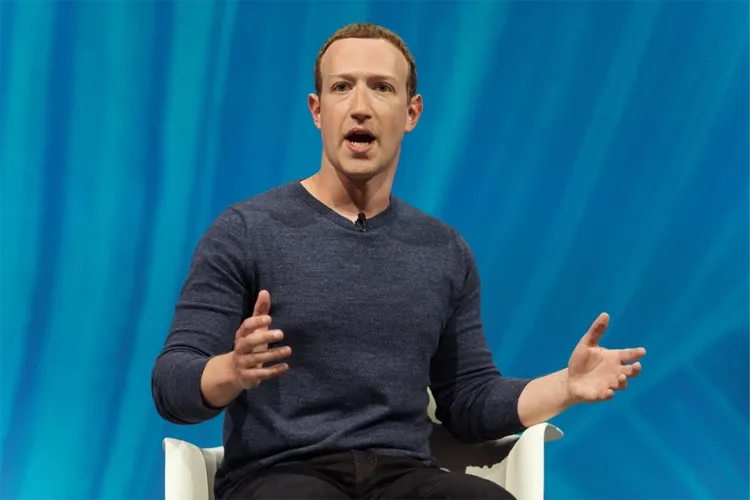Meta chief executive Mark Zuckerberg announced new policies centering on free expression, meaning the social media platforms owned by the firm will implement a community notes system, decrease their suppression of politicized content, and ban fewer user accounts.
Zuckerberg said in a Tuesday morning video that he wants to prioritize free speech on Facebook, Instagram, and Threads, a move prompted by the election results last year.
“We’ve reached a point where it’s just too many mistakes and too much censorship,” Zuckerberg remarked in the video. “The recent elections also feel like a cultural tipping point towards once again prioritizing speech, so we’re going to get back to our roots and focus on reducing mistakes, simplifying our policies, and restoring free expression on our platforms.”
Zuckerberg asserted that the fact-checkers on Facebook are too “politically biased” and have “destroyed more trust than they created,” meaning that he will implement a community notes system similar to the one on X, the site formerly known as Twitter and owned by Elon Musk.
Meta will also remove restrictions on discussing controversial issues like “immigration and gender” as Zuckerberg said that the restrictions are “just out of touch with mainstream discourse.” The content filters will instead focus on handling “illegal and high-severity violations” while relying on users to report other violations of platform rules before staff at Meta take action.
“What started as a movement to be more inclusive has increasingly been used to shut down opinions and shut out people with different ideas, and it’s gone too far,” he remarked.
Zuckerberg also announced that Meta platforms will be “bringing back civic content” by no longer suppressing posts about politics, as well as moving the content moderation team from California to Texas. “As we work to promote free expression, I think that will help us build trust to do this work in places where there’s less concern about the bias of our teams,” he said.
The executive added that Meta plans to work with President-Elect Donald Trump in order to “push back on governments around the world that are going after American companies and pushing to censor more,” noting that European nations have increasingly institutionalized censorship and that Latin American nations can order the removal of social media content.
The policy changes come as an increasing number of Silicon Valley executives break ranks with the infamously progressive environment of the industry and side with Trump on various political and cultural matters.



